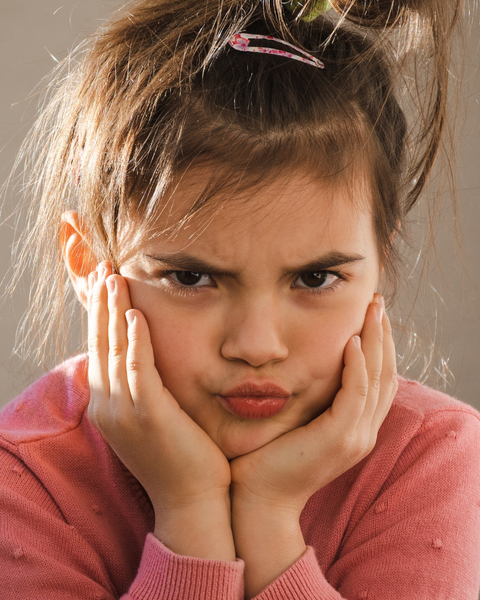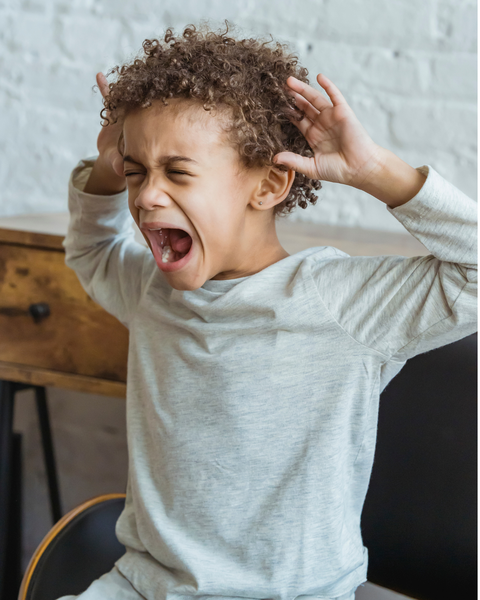BLOG:
10 December 2023

Kids getting on
like a house on fire...?
3 tips for responding to sibling conflict

Sometimes my children get on like a house on fire. Literally. There’s screams coming from the bedrooms, smoke coming out of their ears, it’s getting more and more heated and I know any moment there will be an explosion. Does that sound familiar?
How can we help our children find a more positive way of relating? Here are 3 quick tips:
1. Look for a solution, not a culprit
We are so used to blaming others when things go pear-shaped! But in fact, conflict is a normal part of any relationship. Let’s expect conflict and be at the ready to teach our children positive ways of resolving the situation. Step in with calmness as early as possible, as it will be easier to resolve the situation before it gets more out of control.
2. Create a safe space
When things get heated between our kids, it’s easy to feel triggered ourselves. Pause and breathe. Place yourself between the kids to keep them safe, speak to them as calmly as possible and give them time to calm down. A child who was yelling or hitting doesn’t need to be punished; they need to be calmed, so they can start thinking clearly again. Allow each child to share their experience and help them to listen to each other’s perspectives. Be careful not to judge, criticise or assume; you are listening to understand. Repeat back to each child what you are hearing to make sure you have understood correctly. If the children get angry or upset, calm them down again so they can express themselves and listen to each other’s point of view.
3. Let the children take ownership
You don’t need to be the one who comes up with the solution. Acting as a facilitator gives the children experience in problem solving and conflict resolution. You can ask them: “how can this problem be solved so that you both get what you want?” It can be astounding what solutions children come up with, that would never occur to an adult!
Helping them find a win-win solution not only helps in the immediate situation, it also teaches them a strategy to use in the future. This will help them feel less stressed when conflicts arise as they become empowered to communicate with confidence and compassion.
If this feels impossible to implement, consider what other factors might be at play. Could there be emotional dysregulation due to fatigue, sensory difficulties or food sensitivities? Or perhaps it’s just the challenge of breaking out of habitual patterns of responding to conflict? Give yourself some time to reflect on why it feels difficult and what you can do to make it easier next time.
Let me know how you get on! I’d love to hear from you.
Nicki